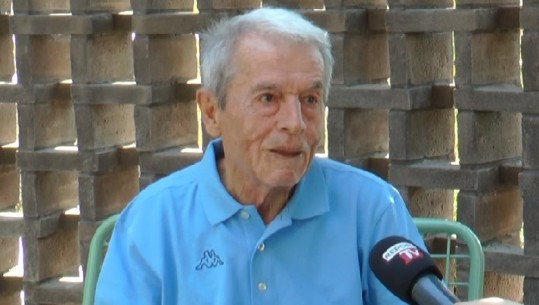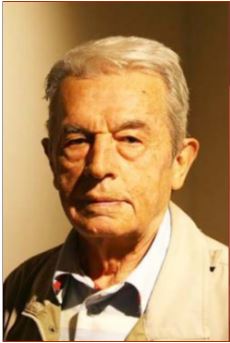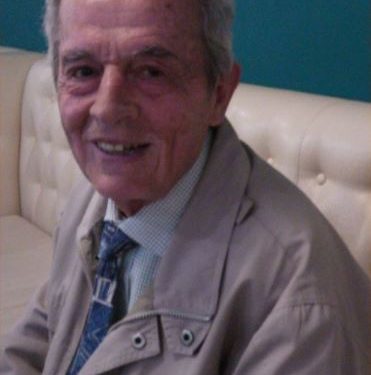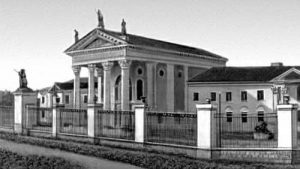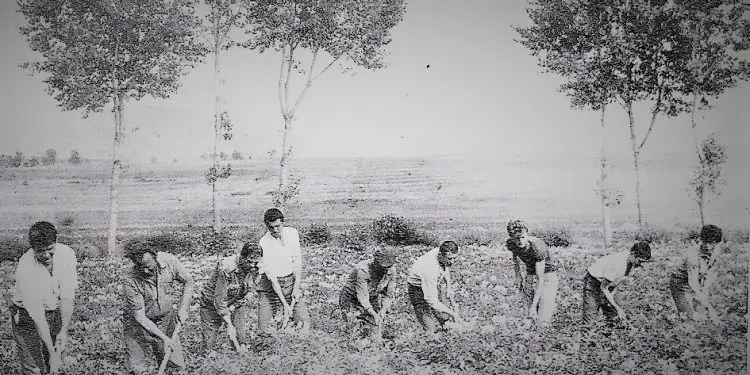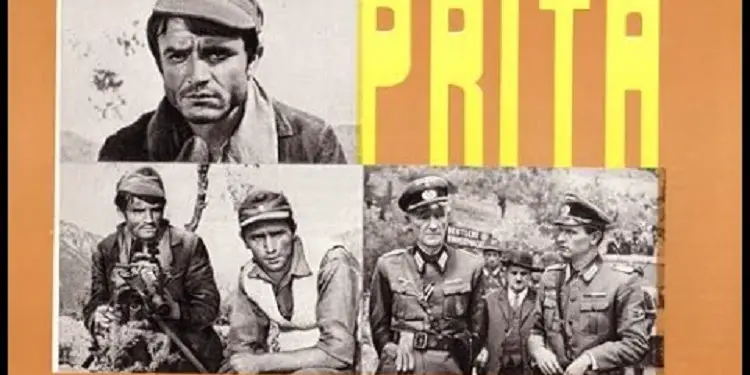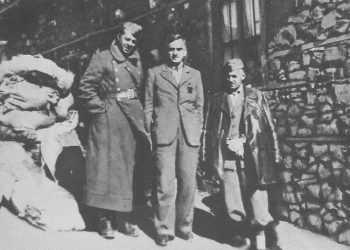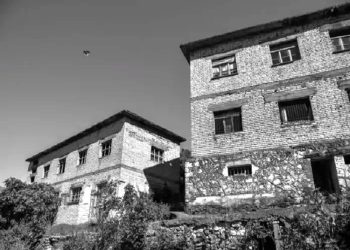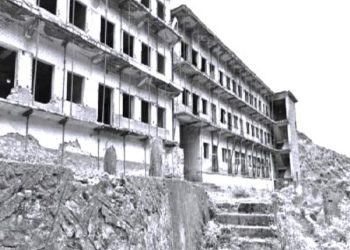Memorie.al / Mit’hat Fagu recounts his artistic journey at the former “New Albania” Film Studio (Kinostudio “Shqipëria e re”). A journey into cinematography in which he recalls more suffering than joy, from the making of his first documentary film, “Tregim për naftëtarët” (A Tale for Oil Workers), to the feature film “Prita” (The Ambush). But how did this journey begin? As a child, the animated films he watched brought him even closer to cinematography. After graduating from the “Jordan Misja” Art High School for sculpture, his journey in art did not stop there. He immediately competed as soon as he read an announcement for a right to study film directing in Moscow. Out of 500 people, he was selected first.
“I went directly to the Moscow Institute of Cinematography, for artistic film directing. Life is strange; the first thing I saw on a postcard was ‘Red Square.’ I went there, where the camera was set up, and I said to myself: ‘Well, Mit’hat Fagu, you managed to arrive in Moscow.’
My teacher was Tamara Makarova, the wife of the master Sergei Gerasimov. I was amazed that I had the luck of having her as a teacher. She didn’t realize that I was fulfilling my childhood longing, that I was not only reaching the institute but also seeing Makarova up close.”
But fate did not want the artist to defend his diploma in Russia. After three years, he submitted his diploma at the Higher Institute of Arts in Tirana, as official relations between Albania and the Soviet Union were severed in 1961.
“I did three years there, and I submitted my exam at the Higher Institute of Arts in Tirana, but it must be emphasized that I did the Moscow Institute of Cinematography, and I gave my defense with ‘Tregim për Naftëtarët’, but I was criticized from the beginning.”
The filmmaker believes that some people wanted to eliminate him as early as 1963, during the making of the documentary “Tregim për naftëtarët”, a notion which was reinforced by the film “Prita”.
“It was the most difficult and hardest work of my life. Only two films were made about the war itself, one of them is ‘Prita’.”
After his first and only long-feature artistic film “Prita” in 1968, he returned again to the sphere of documentary film because there was no other way.
“Even there I had obstacles. It is a mystery to me to discover: Why were they hindering me?! I worked for three or four years as a director, cinematographer, and screenwriter, and I was always paid as an assistant director, a lower category. After eight years of fighting, they gave me the title of director. A year after they gave me this title, they sentenced me to re-education.”
Surprisingly, the Party bureau of the Kinostudio decided to send Mit’hat Fagu for specialization in animated filmmaking in Romania. Xhanfize Keko gave him the news at 11:00 at night, but it did not happen.
“The documents went to Romania. There were intrigues for everything. Meanwhile, the council for documentaries had gathered. Viktor Gjika grabbed me in the Kinostudio corridor, where the annual plan was posted: ‘Mit’hat, how will you eat the Party’s bread for 5 months, in vain’?! ‘No,’ I said, ‘I will eat it with my own sweat.’ ‘Good,’ he said: ‘You will make a documentary film.’”
After the film “Në shtigjet e revolucionit tekniko-shkencor” (In the Paths of the Technical-Scientific Revolution), with a screenplay by Vangjush Gambeta, the “charge” was read, which stated: “This was the most hostile work against the party and the people.”
“I read the charge. I asked for permission and said: If what the party secretary of the Kinostudio says is true, I deserve a bullet in the forehead, because I would not allow myself, not consciously, nor unconsciously, to have made a hostile work.
In November, they sentenced me to go as a laborer for physical work with a pickaxe and shovel, and in January, they sent me, and I started there as a simple worker and an assistant tractor driver in Kamëz. Tirana was buzzing. They wouldn’t even accept me for manual labor.”
He went to work as a manual laborer in agriculture for 12 years. However, life during this work introduced him to good people.
“Miti Tona told me: The Party does not apologize. But you should make a request that, with the possibility of the party, you re-educated yourself and you will make a request to return to the workplace where you were, in the Kinostudio.”
After he returned, the same thing happened again; they did not put him in documentary or artistic film, but in animation.
“After 12 years, the animated film ‘Orët e Gentit’ (Genti’s Hours), which was attacked, torn down, and they said I had no idea about film, was awarded the first prize.”
In the ’90s, the film that would make the filmmaker abandon his country is: “An erdhi demokracia?” (Did Democracy Arrive?).
“This film forced me to leave and abandon my homeland. I suffer a lot for this country, I shed many tears. I thought I had the opportunity to shoot a film, even a documentary film, which is a wound for me. But, I was again left empty-handed in this period of democracy…!”
Despite only suffering setbacks in this long journey in the field of cinematography, director Mit’hat Fagu still continues to dream that one day he will make another film. Memorie.al




